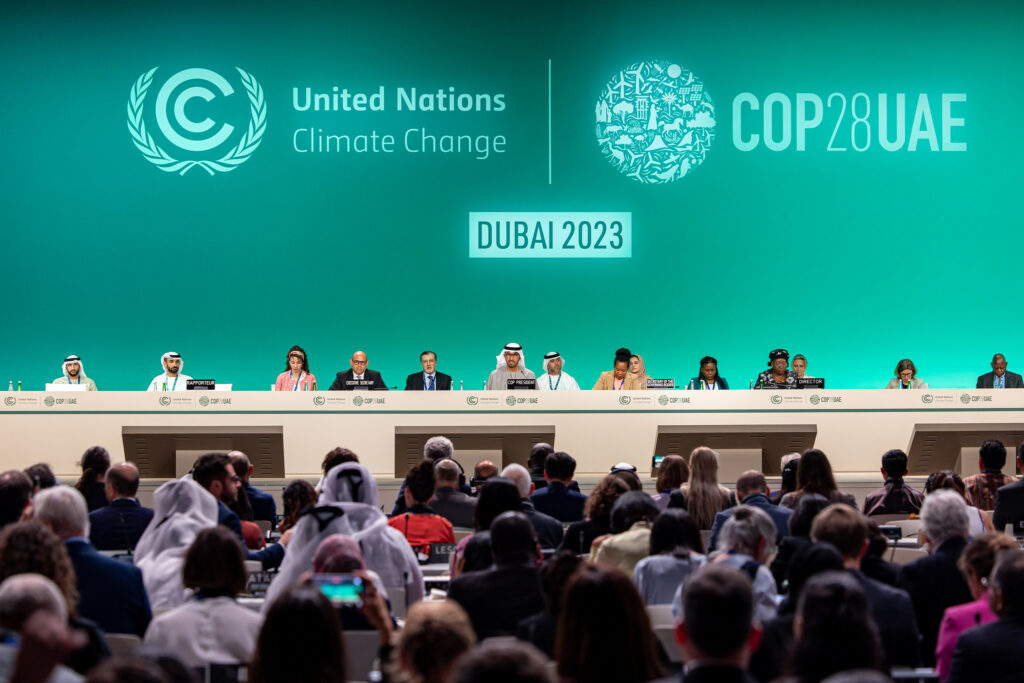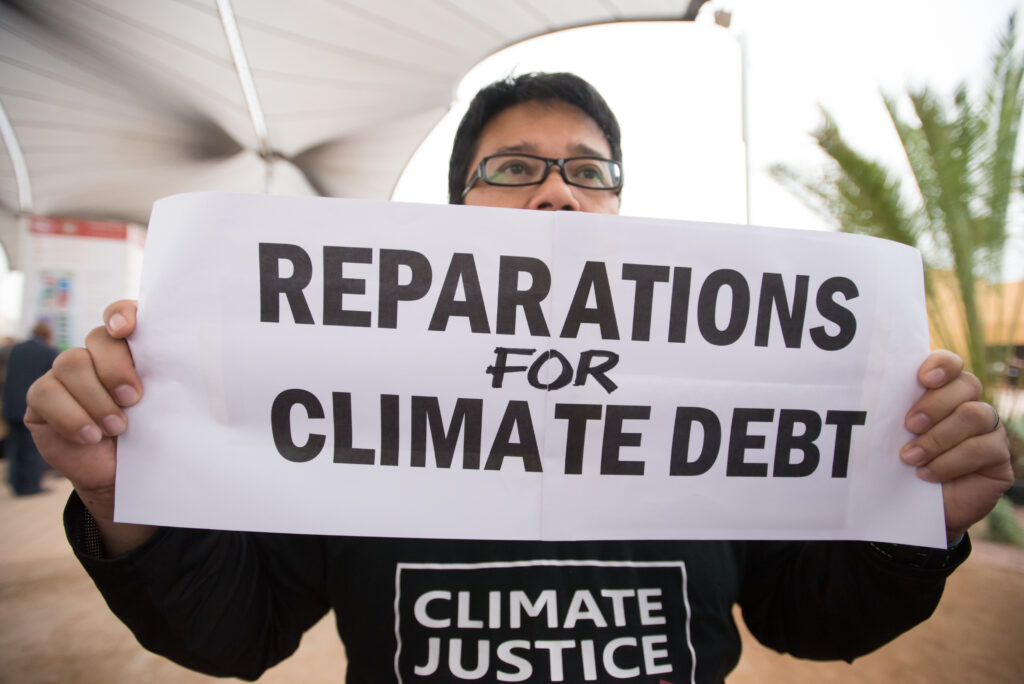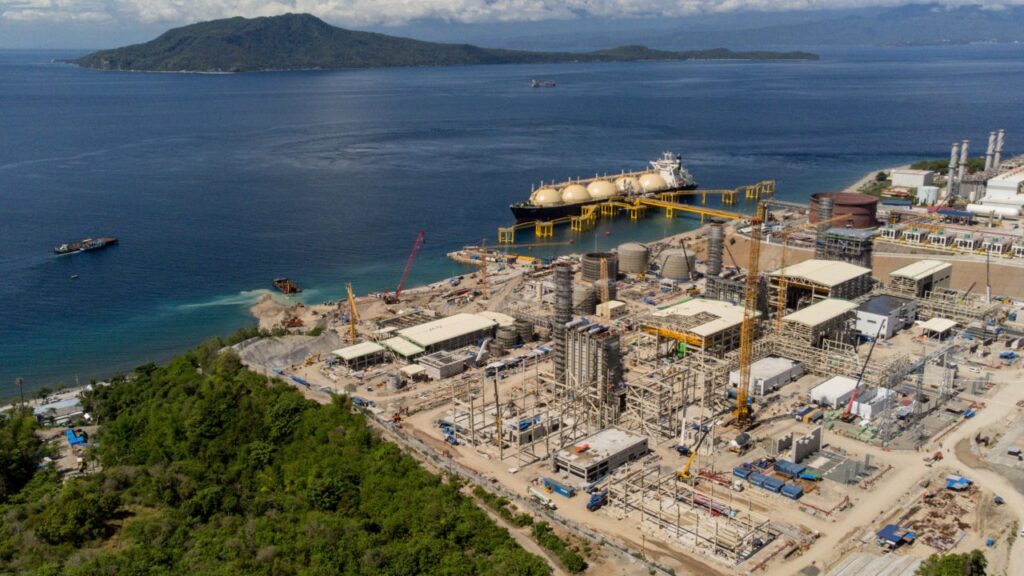With energy security concerns rising and fossil fuel prices becoming increasingly volatile, governments in Asia are looking for solutions to provide reliable power to residents. Unfortunately, one solution being pushed by Japan across the region is liquefied natural gas, or LNG, and it makes little sense from an economic, security or climate perspective.
“Japan is pushing all of Asia down a dangerous path toward greater fossil gas dependency,” said Lidy Nacpil, Coordinator at the non-profit Asian Peoples’ Movement on Debt and Development. “Japanese financing of new LNG imports terminals and gas power plants contradicts the Paris Agreement and risks harming people across Asia and the world.”
For decades, Japan has been the world’s biggest consumer of liquefied natural gas (LNG). Now, as it tries to finance and support the expansion of LNG power plants, terminals and other infrastructure across Asia, the entire region could be trapped in a cycle of reliance on a fuel that has high costs for the economy, biodiversity and the climate, with nearly no benefits.
What Is Japan’s LNG Policy?
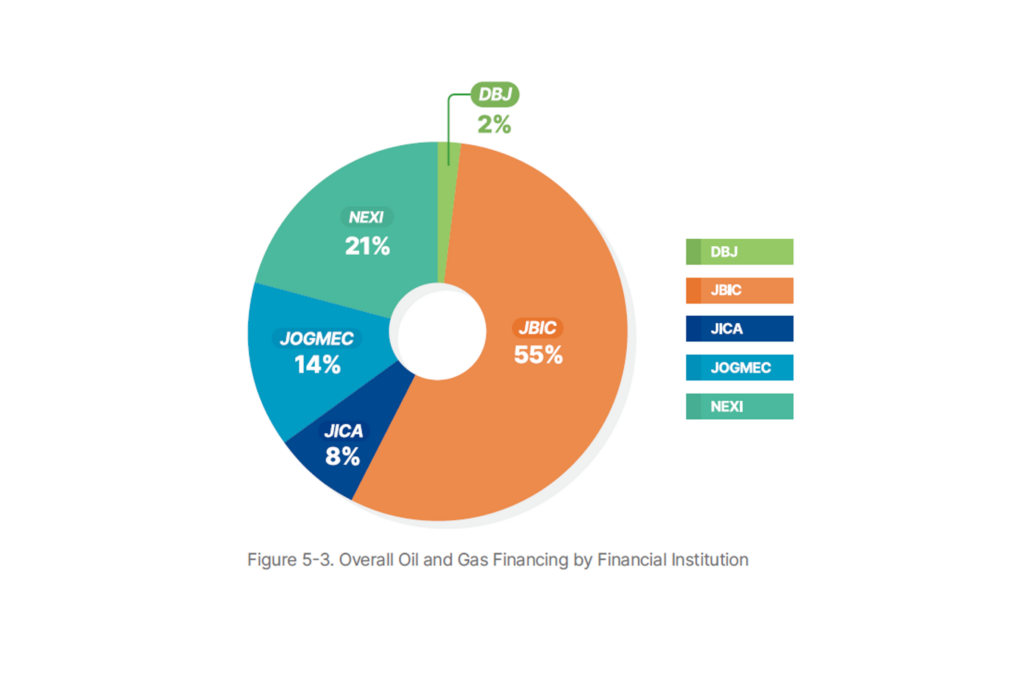
According to a recent report, Japan’s public financial institutions, most notably the Japan Bank for International Cooperation (JBIC), invested an astounding USD 93 billion in overseas LNG between 2013 and 2023, pushing more countries in South and Southeast Asia to embrace the costly and volatile fossil fuel.
Japan is investing so much in LNG overseas mainly because it faces overcapacity at home, according to experts. LNG consumption has been in decline, and as domestic LNG consumption drops, Japanese companies are trying to get other countries in Asia also addicted to LNG so that they can offload excess capacity and benefit. This is so that Japanese companies can benefit from exporting gas turbines, pipelines and LNG terminal technology.
“Japan is driven to offload its excess LNG to countries in the region and is currently involved in multiple projects in South and Southeast Asia,” said Yuki Tanabe, program director for the Japan Centre for a Sustainable Environment and Society.
It should come as no surprise that groups like the Japanese Business Association and major Japanese oil and gas companies, like ENEOS and Idemitsu, all support the expansion of overseas LNG. They’ve likely played a role in the government’s willingness to invest public funds, via the Japan Bank for International Cooperation (JBIC), into risky LNG projects as well.
The Japanese Government and Japanese Companies Are Pushing LNG Across Asia
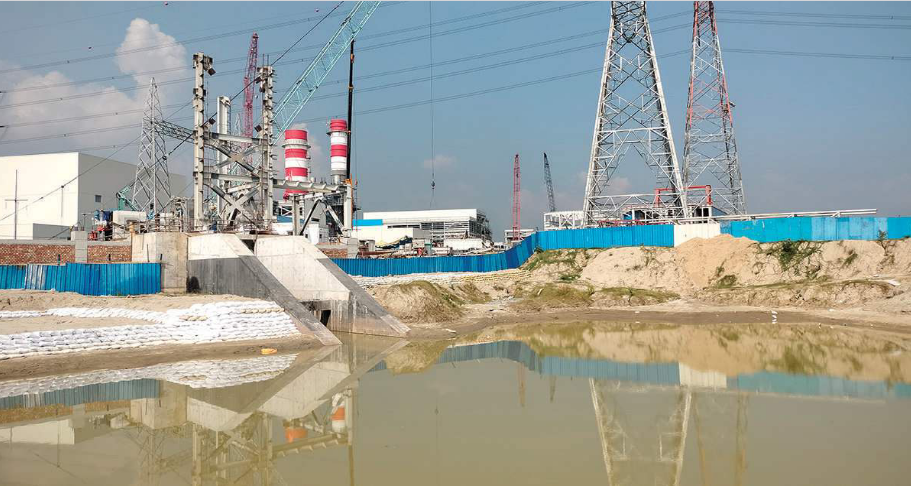
Bangladesh is one of the most populated countries in Asia. With over 160 million people, it’s also one of Asia’s most vulnerable countries to climate change due to much of the population and major urban centres being low-lying and flood-prone. In recent years, the country has been subject to widespread floods and has been hit by strong cyclones due to warmer waters in the Bay of Bengal. Few countries stand to suffer as much if quick, decisive action to reduce emissions is not taken quickly.
Providing Liquefied Natural Gas Financing to Bangladesh
Instead of supporting the solution, Japan has been providing LNG financing to Bangladesh through JBIC. For example, the Unique Meghnaghat LNG gas-fired plant in Bangladesh is backed by a USD 265 million JBIC loan. This project consists of a 745 MW fossil gas combined-cycle power plant operated on land owned by the Bangladesh Power Development Board. Under a long-term power purchase agreement, the electricity generated will be sold for 22 years to the board after commercial operation starts, creating a long-term risk for the country. It’s owned by Bangladesh’s Reliance Power and by Japan’s JERA.
“LNG [is a] technology that Japan is keen to sell,” said Hasan Mehedi, member secretary of the Bangladesh Working Group on Ecology and Development. “Japan is our largest bilateral partner, and Bangladesh is an easy target for Japan to sell the technology that no other developed nation is willing to purchase.”
According to the Bangladeshi NGO CLEAN, the Meghnaghat LNG plant promises increased power capacity but is causing more problems than solutions. Because of the project, the local community is suffering from loss of cropland, water pollution and land displacement, among other human rights and environmental issues.
Down the LNG Value Chain

But what is even worse are the economic costs. LNG is expensive, and reliance on the costly, imported fossil fuel has severely impacted Bangladesh’s economy. The country has experienced rapid electricity price rises since 2022, due partly to the rise in the price of LNG and other fossil fuels. The need to purchase expensive imports played a role in the Bangladesh Central Bank’s foreign currency stockpile dropping by 35% in just one year. At one point last year, one-third of the country’s power plants were offline due to fuel shortages.
“Bangladesh is experiencing a serious level of overcapacity, and another gas bomb is not needed,” said Rayyan Hassan, executive director of the NGO Forum on ADB.
Another project facing similar concerns and local opposition is the Tangguh LNG project in West Papua, Indonesia, which could become the largest LNG production site in Indonesia. Not surprisingly, the gas field development project, which has been running since 2005, has been met with various opposition, especially from the affected West Papuan Indigenous communities. Moreover, many residents complain that the project’s existence does not benefit the surrounding community.
“The Tangguh LNG has caused loss of biodiversity, destroyed livelihoods, caused long-term health impacts and forcibly displaced Indigenous peoples and local communities,” said Fanny Tri Jambore from WALHI, an Indonesian nonprofit.
Like the Unique Meghnaghat LNG project in Bangladesh, the Tangguh LNG has also received support from JBIC and Japanese companies, including INPEX, Sumitomo and Mitsubishi. Some say that these projects would not have been feasible without the critical role of Japanese public finance and JBIC – who are pushing countries like Indonesia and Bangladesh to remain dependent on LNG, a costly and dangerous fossil fuel.
It’s time to move beyond costly, dangerous fossil fuels like LNG, especially as Indonesia and Bangladesh are rich in solar, wind and other renewable energy sources. Japan and JBIC must publicly commit to stopping the financing of new fossil gas projects, without any exceptions, in line with not only climate science but also the needs of communities that don’t want fossil gas to destroy their livelihoods.
Nithin Coca
Journalist, Japan
Nithin Coca covers climate, environment, and supply chains across Asia. He has been awarded fellowships from the Solutions Journalism Network, the Pulitzer Center, and the International Center for Journalists. His features have appeared in outlets like the Washington Post, Financial Times, Foreign Policy, The Diplomat, Foreign Affairs and more.
Nithin Coca covers climate, environment, and supply chains across Asia. He has been awarded fellowships from the Solutions Journalism Network, the Pulitzer Center, and the International Center for Journalists. His features have appeared in outlets like the Washington Post, Financial Times, Foreign Policy, The Diplomat, Foreign Affairs and more.



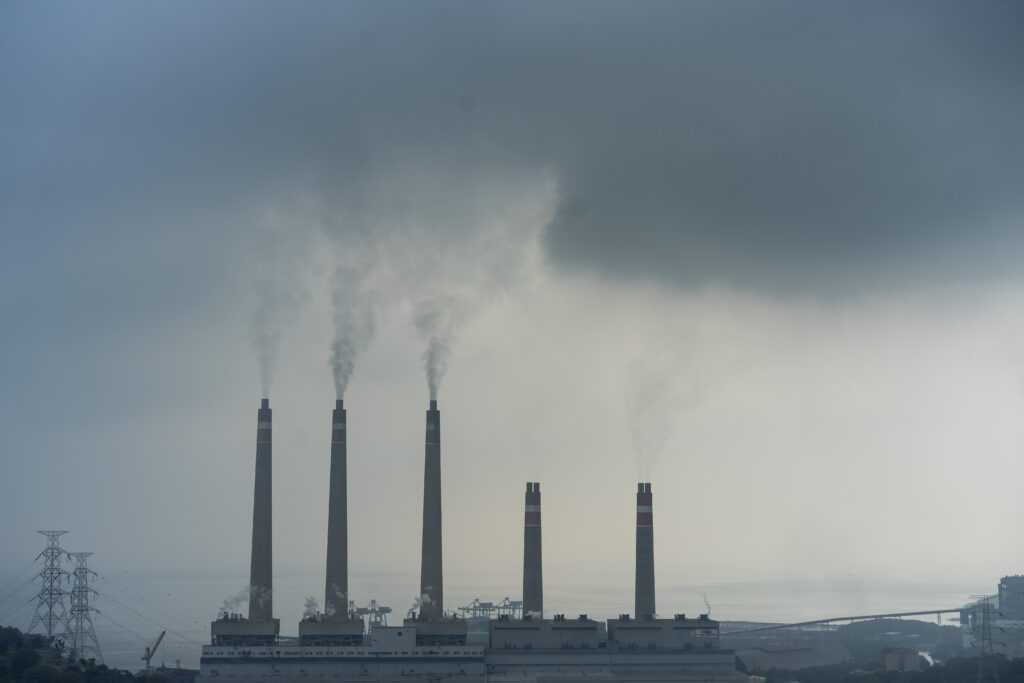
![Raja Ampat, A (Mis)fortune Beyond Beauty? [Op-Ed]](https://www.climateimpactstracker.com/wp-content/uploads/2025/07/shutterstock_2488631665-1024x575.jpg)

![Climate Change is Drowning Bangladesh — Where is the Finance to Stop It? [Op-Ed]](https://www.climateimpactstracker.com/wp-content/uploads/2025/05/shutterstock_2303245709-1024x603.jpg)
